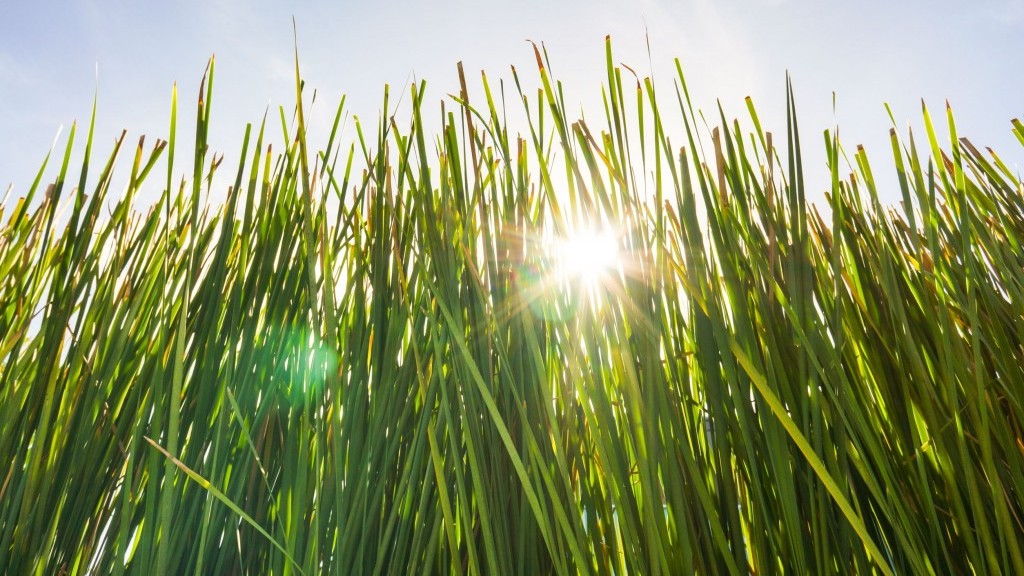
Red Raspberry Leaf is, that’s right, you guessed it… The leaf of a red raspberry! This powerful deciduous plant is packed with nutrients that have medicinal properties.
Though there are many benefits to utilizing the potent power of red raspberry leaf, here are the three it’s most known for:
ONE. A woman tonic, assisting women, and pregnant women (in second or third trimester). Aiding the female reproductive system. RRL eases symptoms of PMS. Strengthening the Uterus and Pelvic Floor Muscles, and helps with labor and healthy births. It helps to prevent hemorrhaging. It can also help to tone the bladder from frequent urination.
Some research shows:
“the raspberry leaf herb can be consumed by women during their pregnancy for the purpose for which it is taken, that is, to shorten labour with no identified side effects for the women or their babies. The findings also suggest ingestion of the drug might decrease the likelihood of pre and post-term gestation. An unexpected finding in this study seems to indicate that women who ingest raspberry leaf might be less likely to receive an artificial rupture of their membranes, or require a caesarean section, forceps or vacuum birth than the women in the control group.”
[1]
However, a similar study by some of the same researchers in 2001, found no statistical evidence of Red Raspberry Leafs’ benefit on shortening the first stage of labor. They found a slight shortening of labor time of the second stage, and a smaller percentage of the Red Raspberry Drinkers had to have forcep-assisted birth but nothing statistically significant was found.
[2]
TWO. Sleep Assistance. Soothes internally and externally with a high nutrient content: Magnesium, Potassium, Iron, and B-Vitamins,
THREE. Calms an upset stomach, eases nausea & diarrhea.
Red Raspberry Leaf contains tannins.
tan·nin
ˈtanən/
noun
plural noun: tannins
-
a yellowish or brownish bitter-tasting organic substance present in some galls, barks, and other plant tissues, consisting of derivatives of gallic acid, used in leather production and ink manufacture.
[3]
Tannins are found in many common foods such as wine, chocolate, and blackberries.
Raspberry leaf has tannins that slow the flow of liquid in to the intestines, which allows the body to form a solid stool.
Tannins have also been reported to exert other physiological effects, such as to accelerate blood clotting, reduce blood pressure, decrease the serum lipid level, produce liver necrosis, and modulate immunoresponses.
Science aside, Red Raspberry Leaf has a long history of treating illnesses.
Marisa Corless from Herbal Legacy explains how raspberry was “used interchangeably with blackberry by the Greeks, Chinese, Ayurvedics, and American Indians to heal complaints such as diarrhea, dysentery, and the healing of wounds.” She goes on to say that Red Raspberry leaf has helped midwives prevent miscarriage and facilitate birth,and that Native Americans and people of the “Old World” used it to prevent hemorrhaging.
[4]
For more information on RRL and its’ history, go here.
like mama always said.
Do with this information what you will.
Some of my tea blends, Is Be Wonders, Tea
[1] Parsons M1, Simpson M, Ponton T. Raspberry leaf and its effect on labour: safety and efficacy [abstract]. In: Aust Coll Midwives Inc J. 1999
[2] Simpson M1, Parsons M, Greenwood J, Wade K. Raspberry leaf in pregnancy: its safety and efficacy in labor. In: J Midwifery Womens Health. 2001
[3]https://en.wikipedia.org/wiki/Tannin
[4]
[4]Chung KT1, Wong TY, Wei CI, Huang YW, Lin Y. Tannins and human health: a review. In: Crit Rev Food Sci Nutr. 1998








